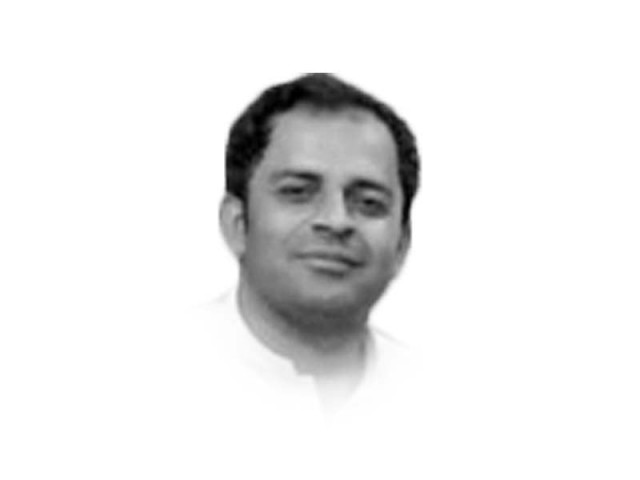National integration and Pakistan
National integration is a centripetal social force that develops a sense of oneness amongst different individuals

As modern socio-political entity, a nation-state comprises groups and individuals from vast diversity and backgrounds. However, national diversity is a liability for a state unless it is consolidated into a homogeneous social system. Integration of diverse groups into a uniform societal contour is the key to inclusive prosperity.
National integration is a centripetal social force that develops a sense of oneness among the different individuals and groups of society. It blends varying national strands into a singular social fabric and builds a unified national front against internal and external challenges. It builds a unified sense of purpose, consciousness and belongingness. National integration promotes social stability and harmony, bolsters national unity, guarantees inclusive development, affords common identity and direction, and guards against schisms of regionalism, religionism, provincialism, ethnicism and racism.
Pakistan is a diverse society with a multi-cultural, multi-ethnic, multi-lingual and multi-religious societal landscape. Thus, the need for cohesion has always been overwhelmingly high. However, centrifugal forces have been threatening the integration of the country since its very inception. The disintegration of erstwhile East Pakistan has been the worst historical instance of divisive national policies resulting in centrifugal tendencies. Today, the country’s integration is badly threatened, as is manifested by the fractures existing along multiple lines. Social alienation, surging ethnic and racial divides, sectarianism, social stratification, divisive and polarised politics, cessation movements, religio-political groups with radical agendas, gender disparity and ideological contest put the country’s cohesion at stake.
What is jeopardising national cohesion? Inequitable distribution of resources and growing social stratification; political polarisation and bad governance; ethno-linguistic and religio-political tendencies; megalomaniac leadership and their divisive agendas; institutional friction and power overlap; ultra-nationalism and sensitisation of ethnic identities; ideological clash and fundamentalism; centre-provincial mistrust and grievances of smaller provinces; belligerent neighbours and their evil strategic designs are some causes behind the fragile integration of the country.
The fragility of national integration has serious and lasting national implications. Chronic elite capture and improvisation of the public; abject poverty and high unemployment; sectarianism and growing radicalisation; intolerance and conservatism; identify crisis and ideological schism; proxies and the traces of fifth generation warfare; rampant corruption and institutional failures; favouritism and nepotism; growing frustrations and brain drain keep feeding on the very fate and fabric of our society.
Though several policies have been framed by succeeding governments for strengthening national cohesion, they failed to a large extent in attaining their assigned objectives.
Canada’s model of multiculturalism offers a pragmatic integration plan to be emulated in Pakistan. Despite being the most multicultural country in the world, Canada has effectively transformed its heterogeneous population into a harmonised and peace-loving society.
Though cleavages and centrifugal tendencies exist in all pluralistic societies, they could be kept at a manageable level through pragmatically pursued state policies. Reinforcing the integration in Pakistan warrants inclusive economic policies and provision of equal rights and services to all communities, groups and provinces. Strengthening federating units, pluralistic developmental and cultural approach, national political outlook, fair resource distribution, meaningful land reform, educational equity and access, institutional harmony, separation of power, political maturity, across-the-board accountability, transparency, undoing the clutches of the divisive power elite, promoting genuine democratic values, emphasising on interfaith harmony and resorting to dialogue with dissident factions would go a long way in fixing the fissures of our society.
Published in The Express Tribune, September 25th, 2022.
Like Opinion & Editorial on Facebook, follow @ETOpEd on Twitter to receive all updates on all our daily pieces.













COMMENTS
Comments are moderated and generally will be posted if they are on-topic and not abusive.
For more information, please see our Comments FAQ